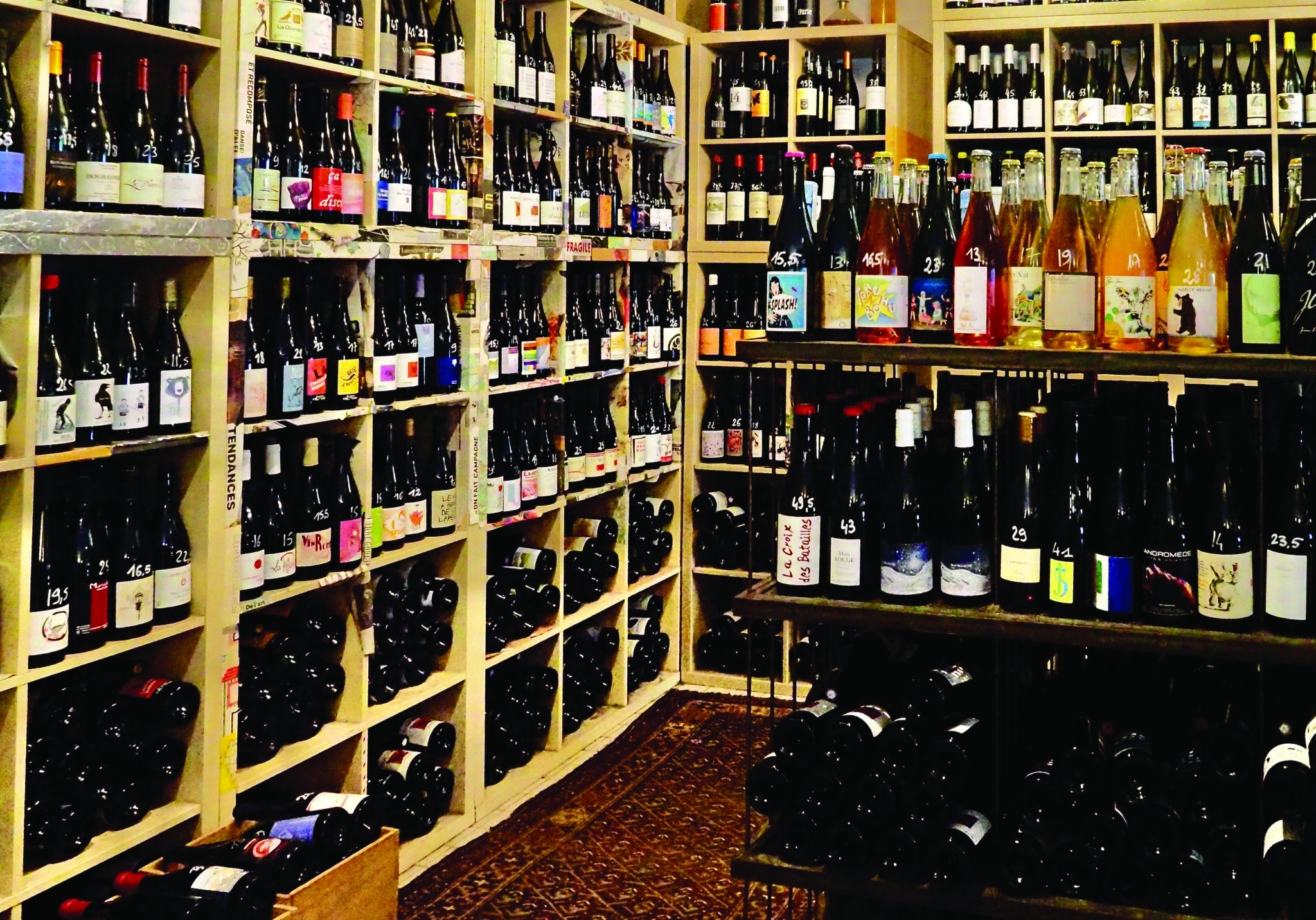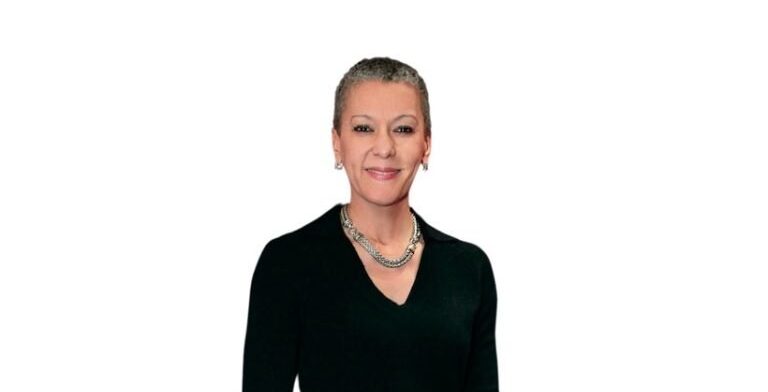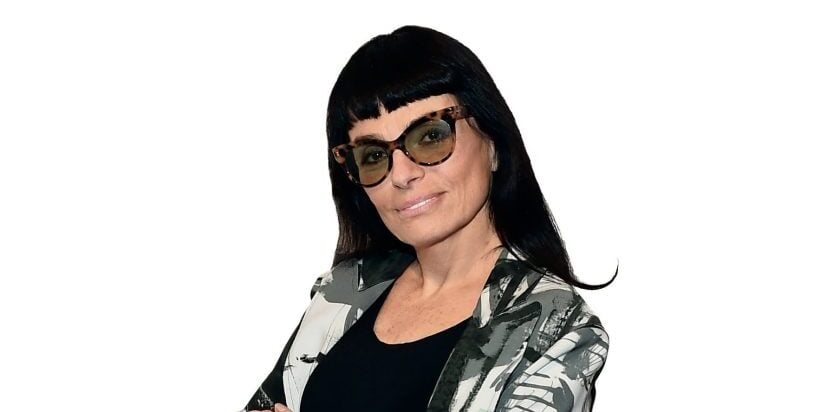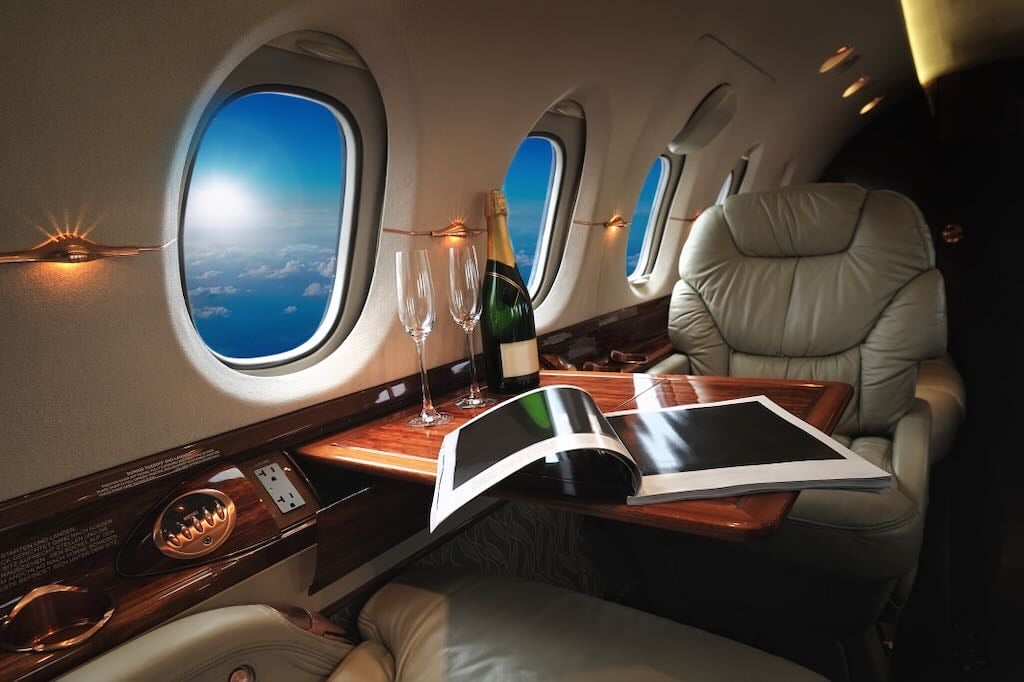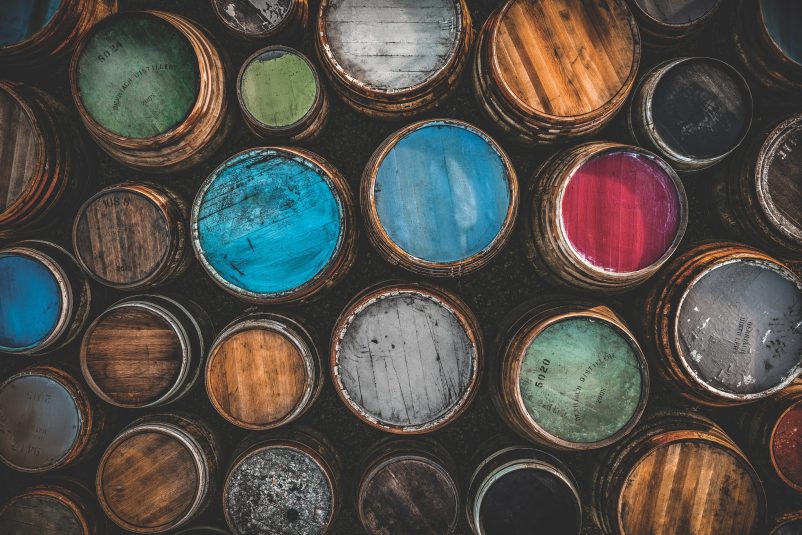After the third wine bar, all of them within a five-minute walk of each other, we are slightly buzzed. Not sure if it’s the excitement of touring the 11th Arrondissement’s cluster of natural wine outposts with one of the world’s foremost authorities, Aaron Ayscough, or the intoxicating effects of alcohol. Whichever, it is a beautiful early evening, and the streets and cafes are vibrating with the excitement that only a warm spring day after a long, gray winter can bring.
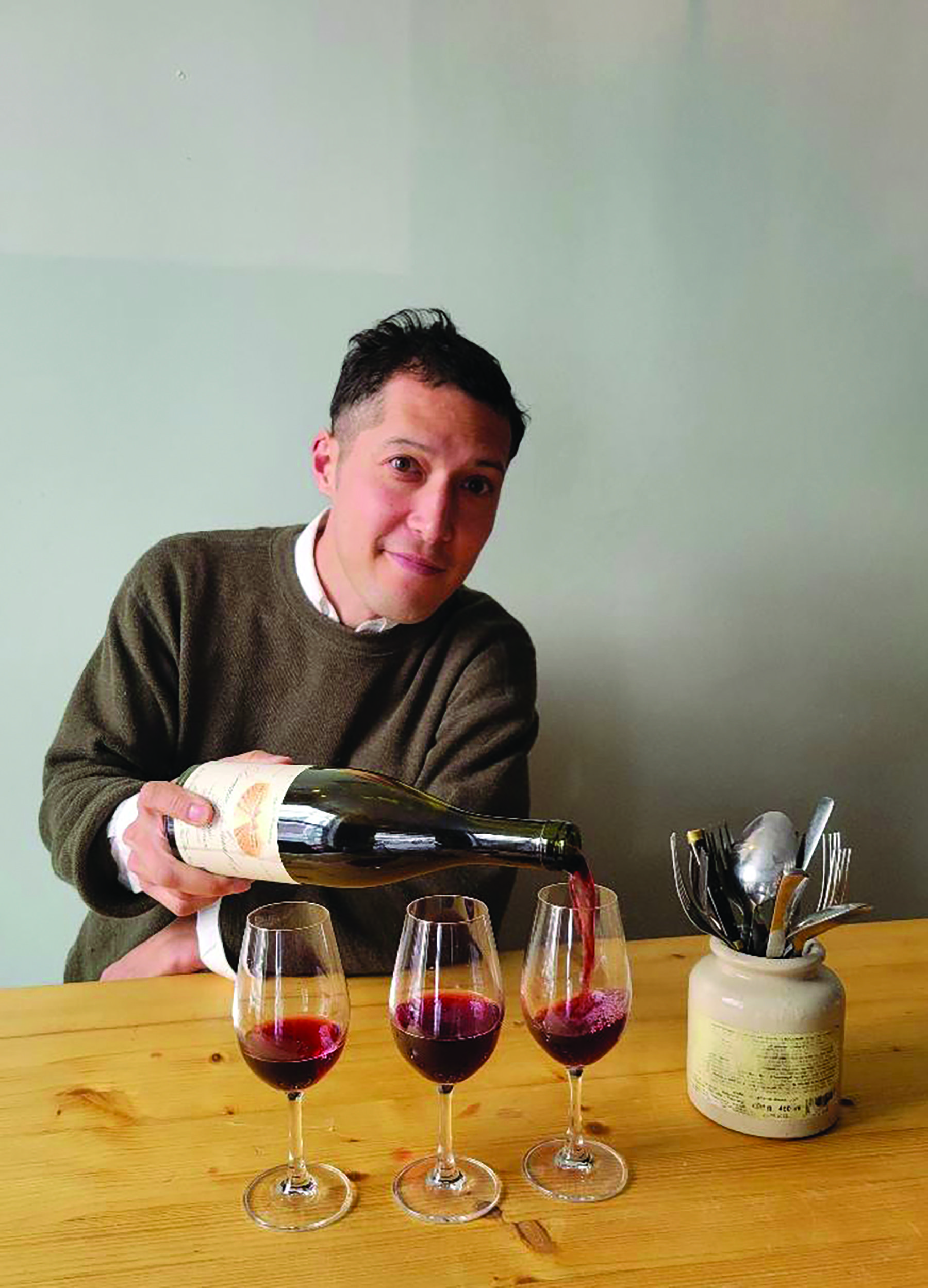
This neighborhood is hip and young; the businesses are small and independently owned. We’re told the rents are so low that people with dreams of owning a restaurant or bar can realize them.
Labeling Aaron an authority is not hyperbole. He is the author of The World of Natural Wine: What It is, Who Makes It, and Why It Matters, which was named one of the year’s best books on wine by both The New York Times and Bloomberg. His Substack newsletter, “Not Drinking Poison,” has thousands of subscribers, and he’s a regular contributor to the well-respected foodie newsletter, “Paris by Mouth.” (His writing about wine and restaurants has also appeared in the Financial Times, The New York Times: T Magazine, and Wine Enthusiast.) Not to mention, that at a very young age, he was the head sommelier at Nancy Silverton’s Pizzeria Mozza in Los Angeles.

The briefest of primers. Natural wine is wine made without any intervention, from growing to bottling. Grapes grown without chemical treatments are pressed. Fermenting tricks (like cold soaking, which extracts color) are not allowed. At no time are sulfites permitted. This is how wine was made for millennia. Some are aged in wood, but most are not.
There is no regulatory definition of “natural wine,” so buyers must rely on the word of the vintner, importer, or retailer to know just how natural a given wine is.
Consumers must understand these wines are unconventional and often quirky. They seldom have the same flavor profile casual drinkers are familiar with. A naturally made gamay from the Beaujolais certainly won’t taste like a Georges Duboeuf selection. And, the wines change in the bottle, something that doesn’t faze Aaron. “You have to catch them on the right day. They’re capricious. But it’s easy to have a sense of humor because the prices are so low.”
Rebel winemakers have sought out the lesser-known (and cheaper) appellations and often obscure grape varietals. Each year brings additional innovative producers.”
But, while the buyer doesn’t have a high risk, the vintner does. Aaron observed, “Winemakers often compare making natural wine to performing a trapeze act without a net.”
This natural movement has been fermenting for decades. When we were in Paris twenty years ago, we visited La Crèmerie, Pierre Jancou’s pioneering natural wine shop filled with bottles from small producers he knew personally, made from vineyards plowed only by horses and oxen. “I won’t drink wines that were exposed to diesel fumes,” he told us.

While the majority of wine bars in Paris are still “conventional,” natural wine bars are not an ancillary or occasional experience. In any neighborhood, peering into a window to read the wine list reveals a world of natural options on offer. Aaron added, “Natural wine in Paris used to be a small subculture of traditional bistros and tiny wine shops. But the 2010s saw an explosion of natural wine bars, and they sort of usurped the role of cocktail bars for a young generation of Parisian drinkers.”
Today, entire shop windows are filled with natural wine offerings. There are hundreds of bottles on offer. Every region is represented, however, the famous ones like Bordeaux are underrepresented, as rebel winemakers have sought out the lesser-known (and cheaper) appellations and often obscure grape varietals. Each year brings additional innovative producers.
What’s behind this? Three thoughts come to mind:
- The macro picture is, people want to be healthier. They demand purity in food and drink. Chemical intervention of all kinds is suspect—one never knows what harm it can cause.
- The micro picture is that the French have always sought out culinary individuality. Buying from small, village-specific producers—whether it be cheese, bread, or a dozen other edible products—remains the French way. These tiny, dedicated wine makers continue that tradition. Aaron is convinced it comes through in the bottle, saying, “You can taste the low yield and the peacefulness of the fermentation.”
- Returning to the land and working it naturally is attractive to many younger people whose families have deep roots in agriculture. Plus, there is also a strong desire to reduce their carbon footprint at every step of the process.
It seems to us that many winemakers are trying to one-up the others with purity in agricultural practices, vinification techniques, radical graphics, and non-existent product information on the bottle.
As we’ve written before in this column, natural wines aren’t for everyone. Sometimes they seem more like political or ethical statements than appealing beverages. That said, there is a world of small producers making unique wines, often from lesser-known regions and grapes. It’s fun to experiment and discover the bottles that bring pleasure.
Head to Paris to share the experience with the knowledgeable locals.
We could fill an entire magazine with listings of all of Paris’ natural wine bars. However, Aaron loves and lives in the 11th, so he is quick to admit that the places he took us weren’t random.
They’re his local favorites.
Liquiderie Cave. 9 rue des Trois Bornes, 11th. This tiny spot has a 3-seat bar and one lone table outside. The rest of the space was given over to bottles of beer, wine, and cider. Aaron thinks this place is a quintessential example of the natural wine movement.
Delicatessen Place. 7 Rue Jean-Pierre Timbaud, 11th. A wine bar which serves wine by the glass and small plates of pre-prepared food. The offerings are simple and earthy. Next door is their wine shop (Delicatessen Cave) where bottles can be purchased and brought to the bar. Until we saw this, we wouldn’t have thought an entire store could be stocked to the rafters with nothing but natural wines.
La Chambre Noire, 82 rue de la Folie Méricourt, 11th. The natural wine scene is happening here, in a space bustling with Parisian energy. (True, we arrived a little later in the evening.) People sat inside and out, and the edgy crowd was animated. Small plates are served. There’s an extensive display of natural wines lining the walls.
Aux Deux Amis, 45 rue Oberkampf, 11th. More a restaurant than a wine bar, this place is a retro coffee shop turned chic eatery, that esthetically wouldn’t be out of place in Palm Springs. The night we were there, the menu was more limited than usual, and this was the only stop on our outing where tourists were on display.

